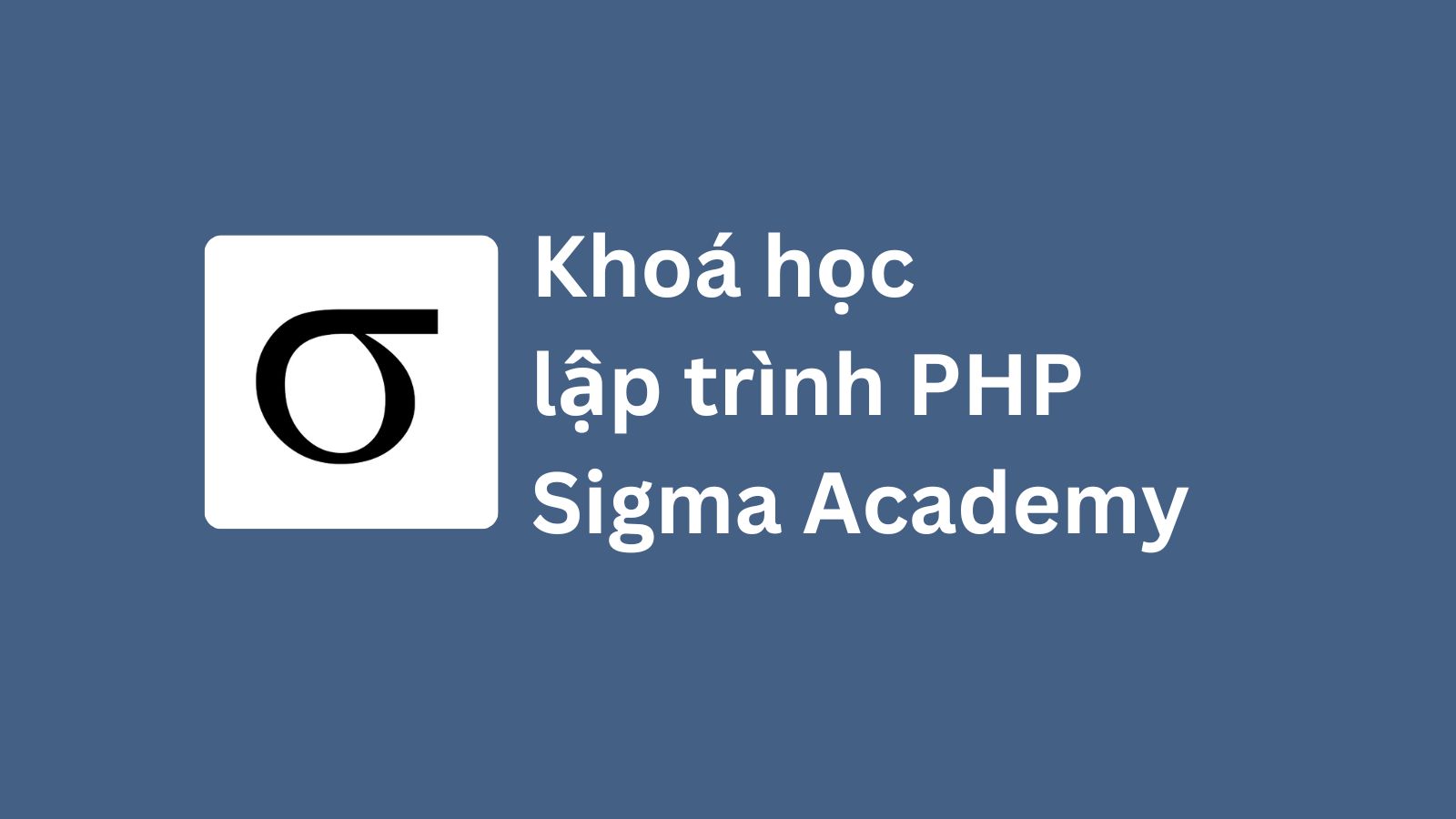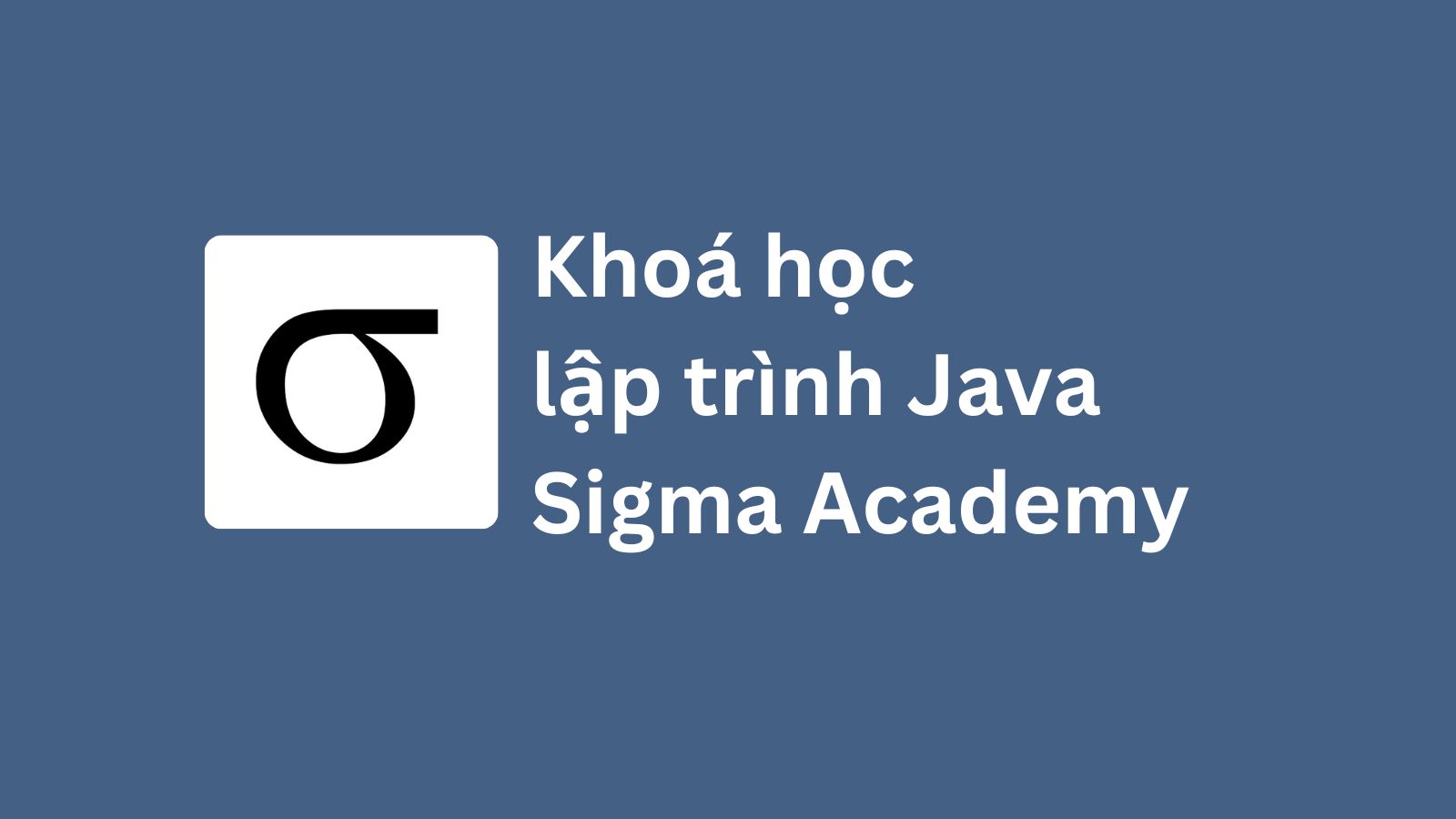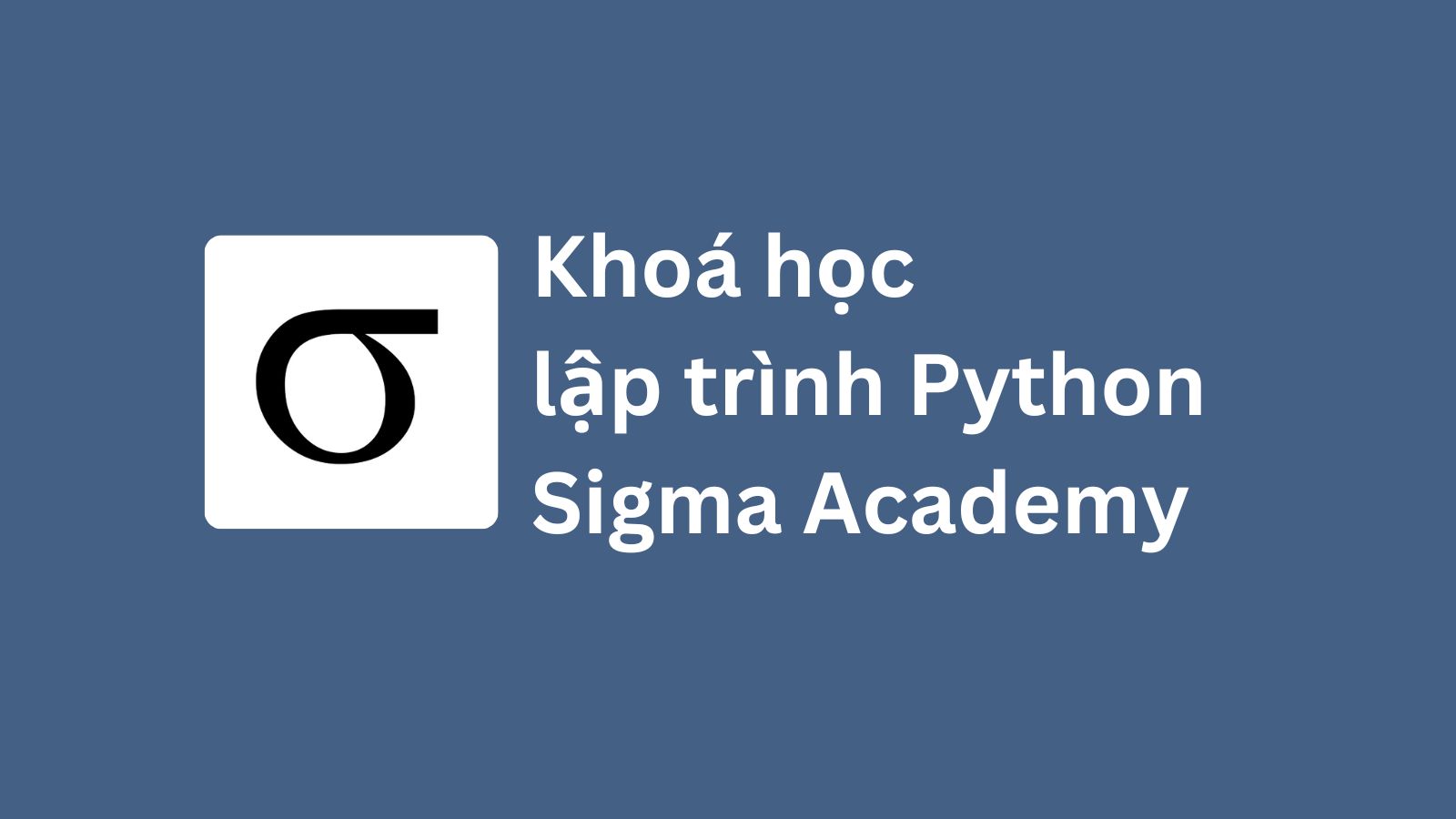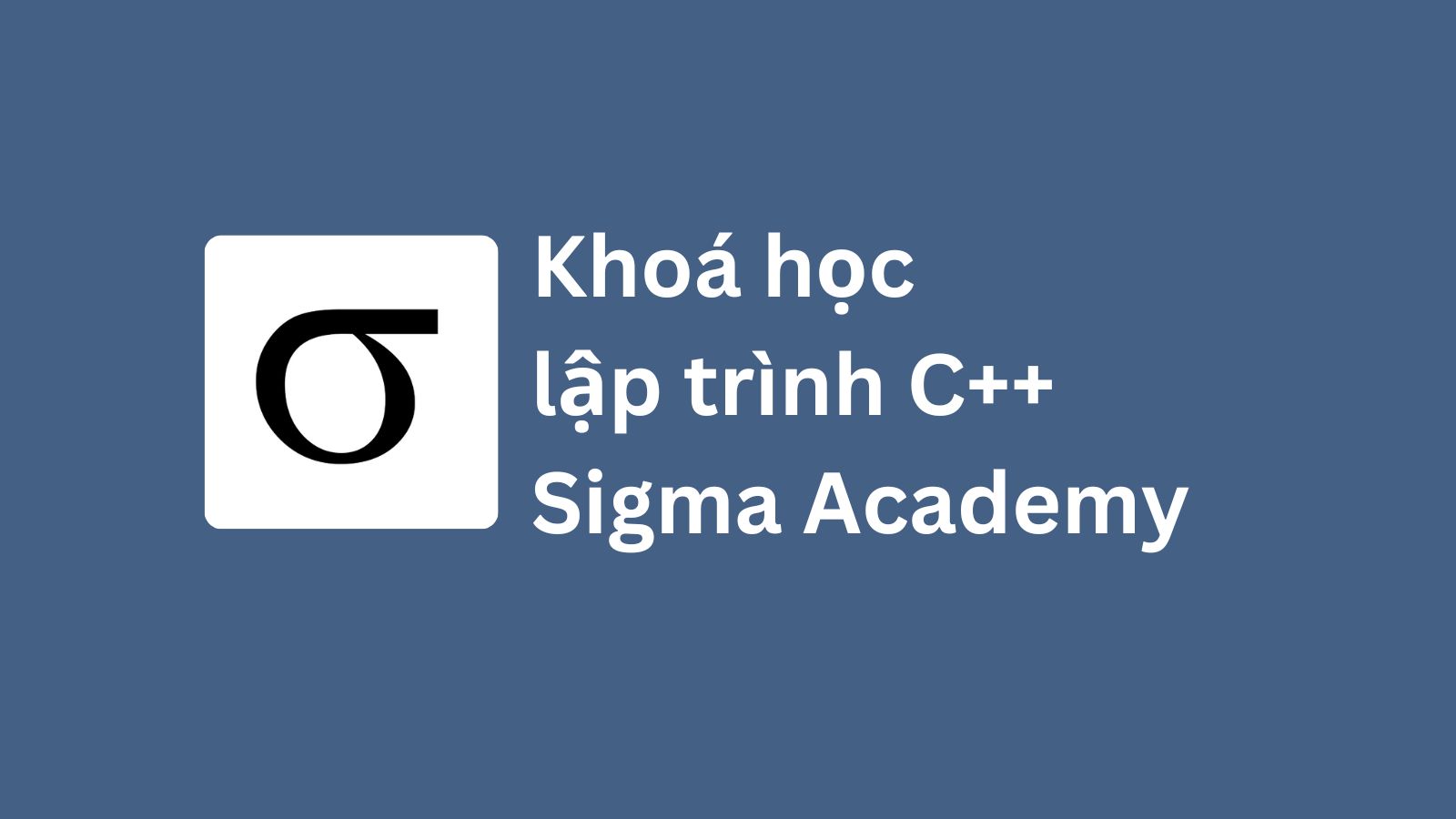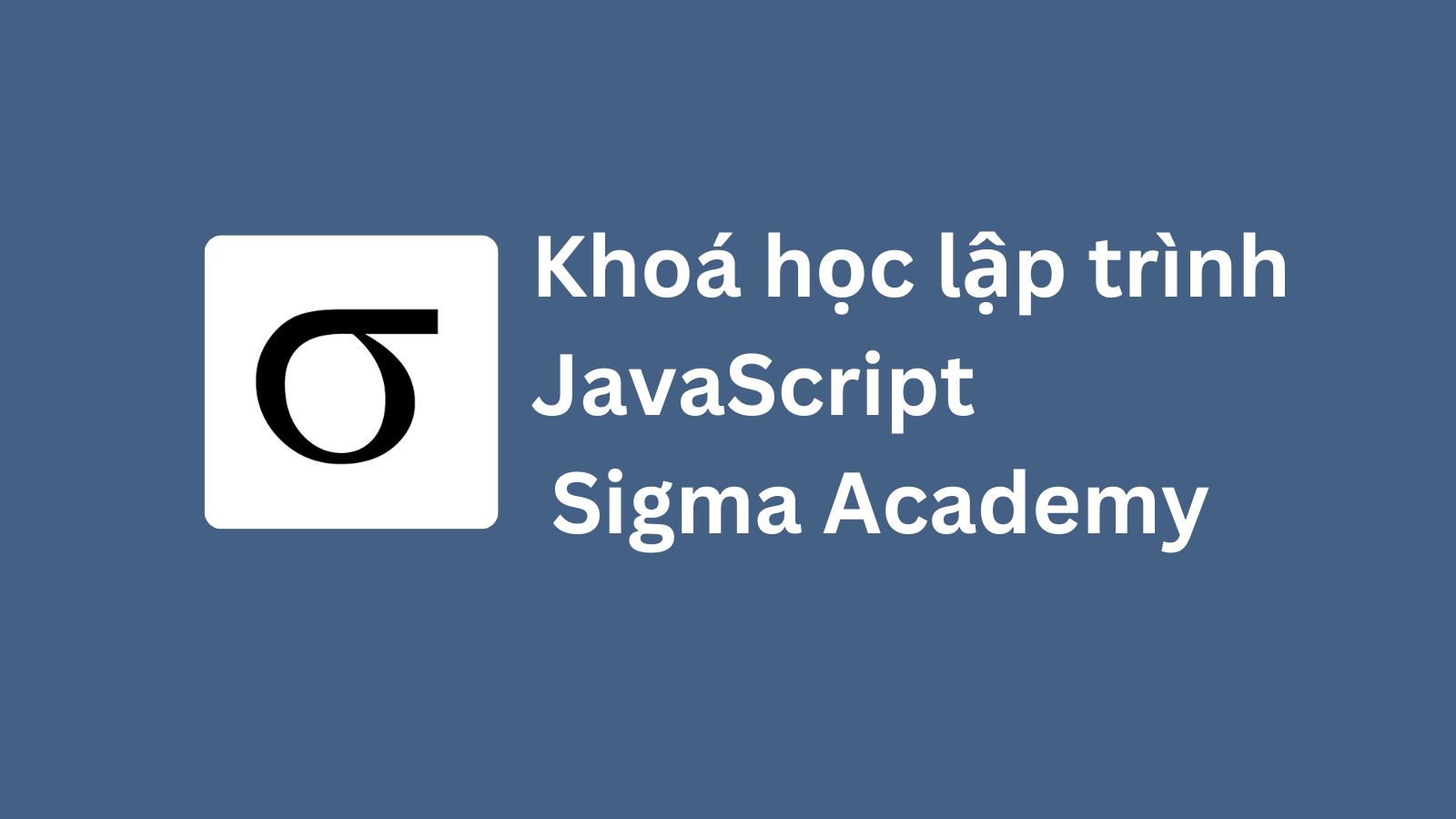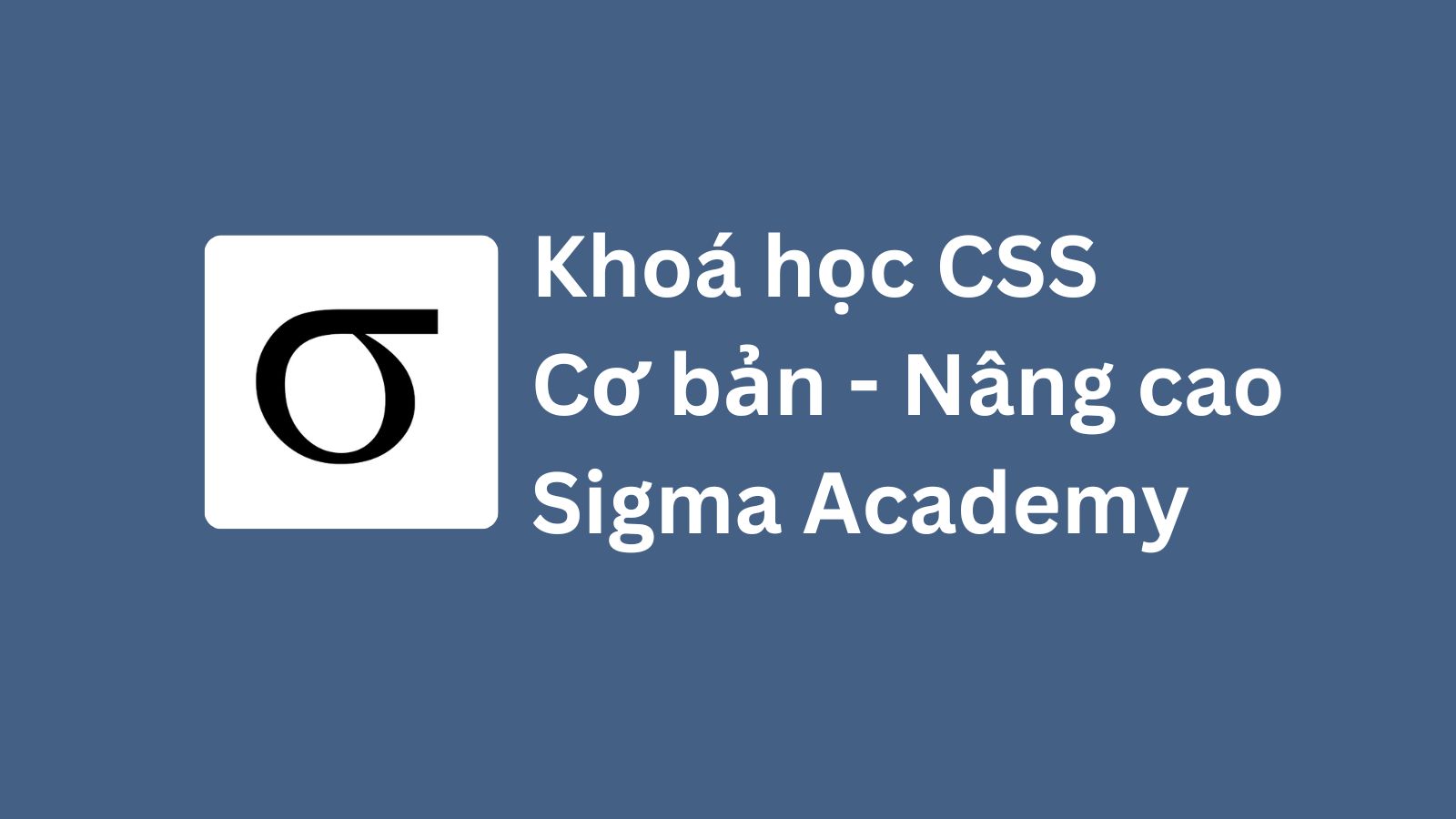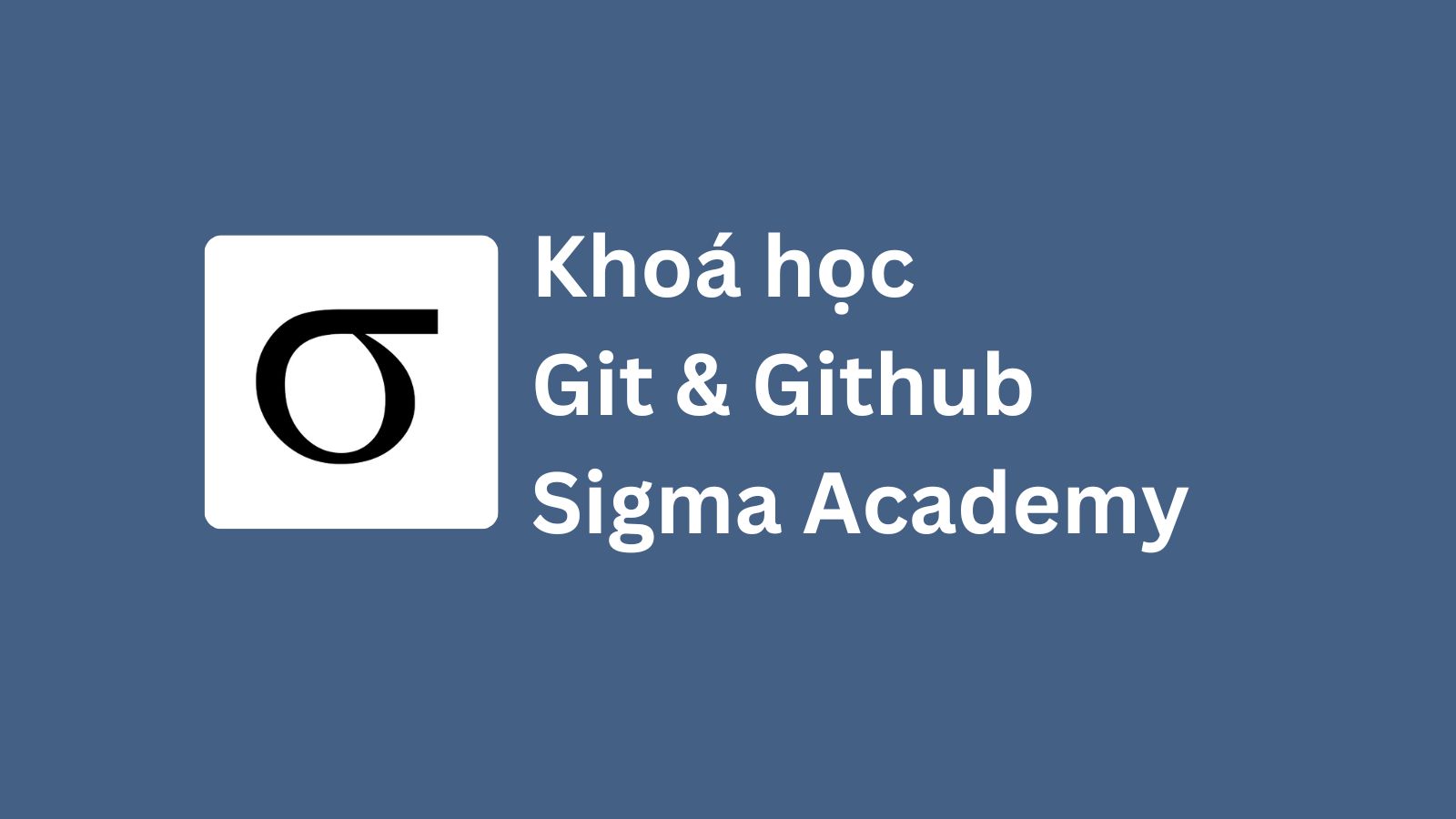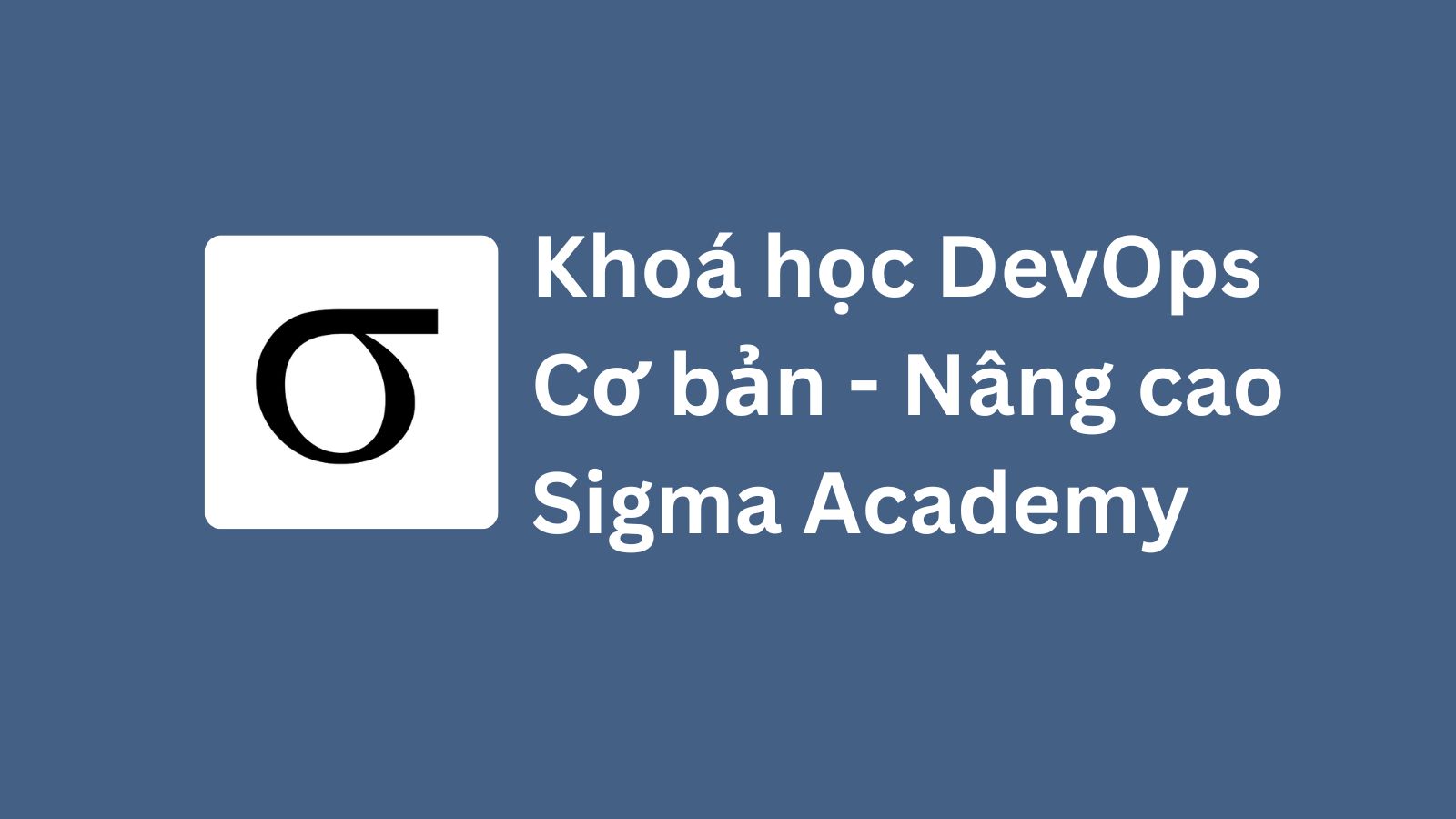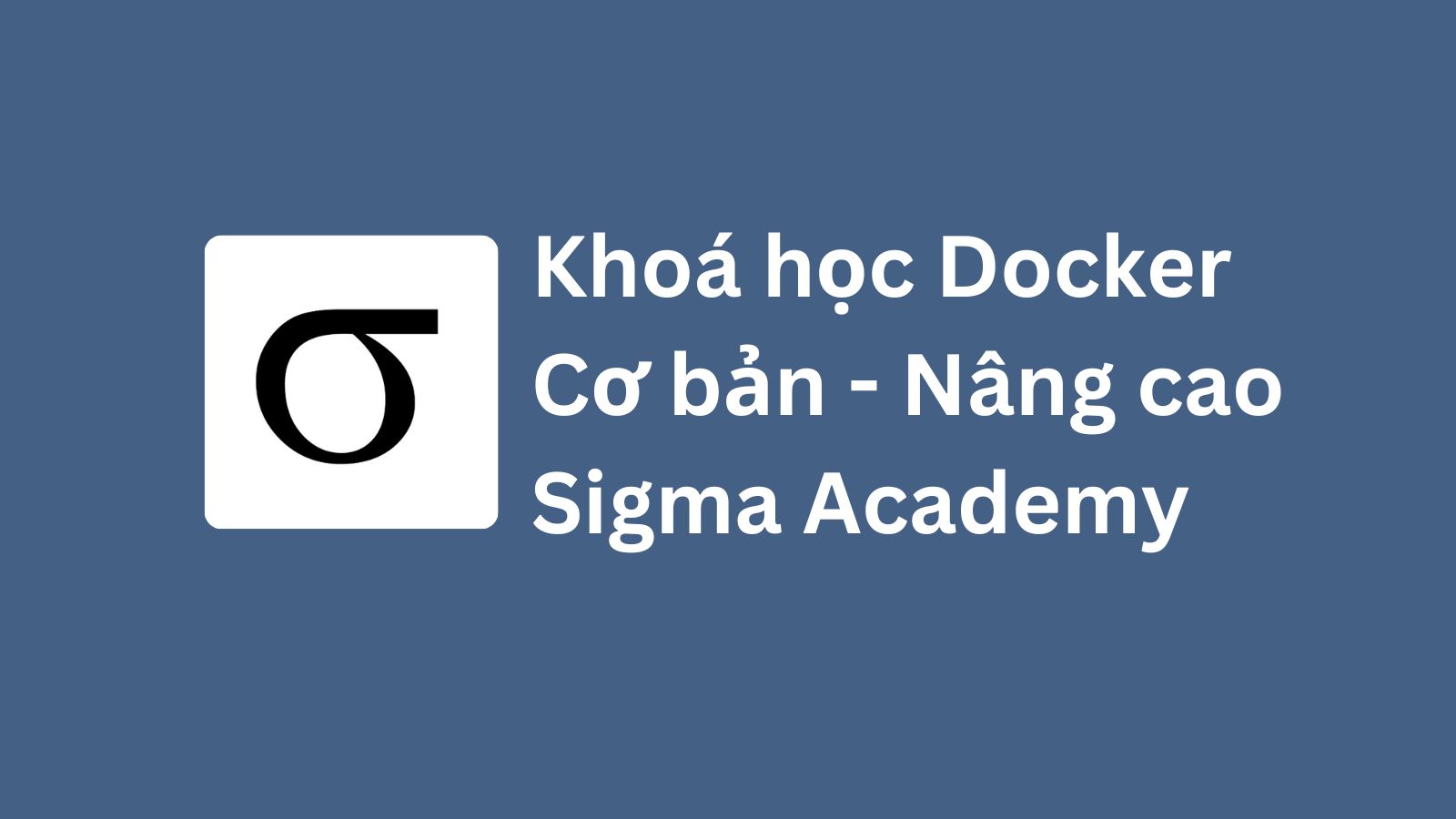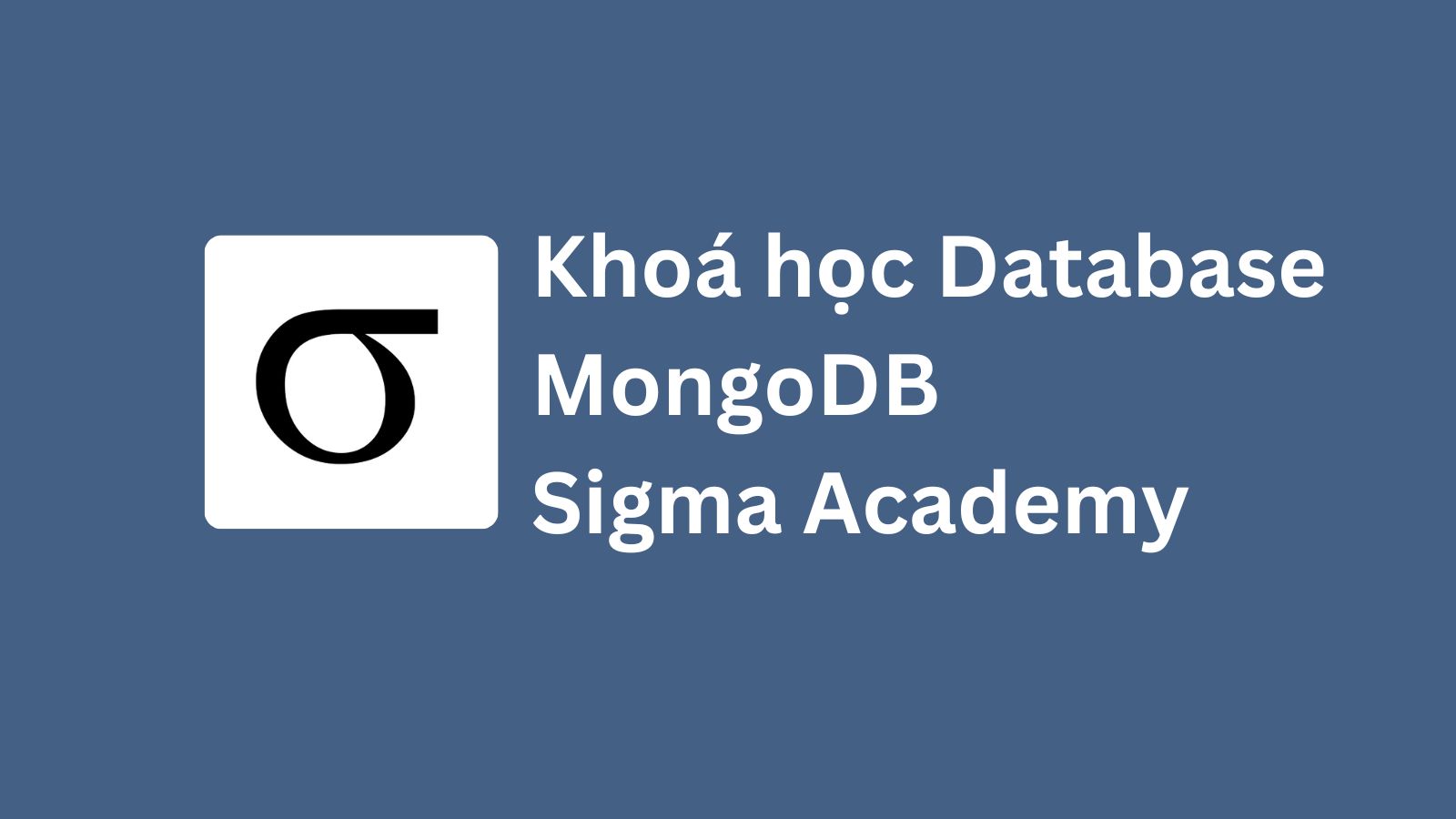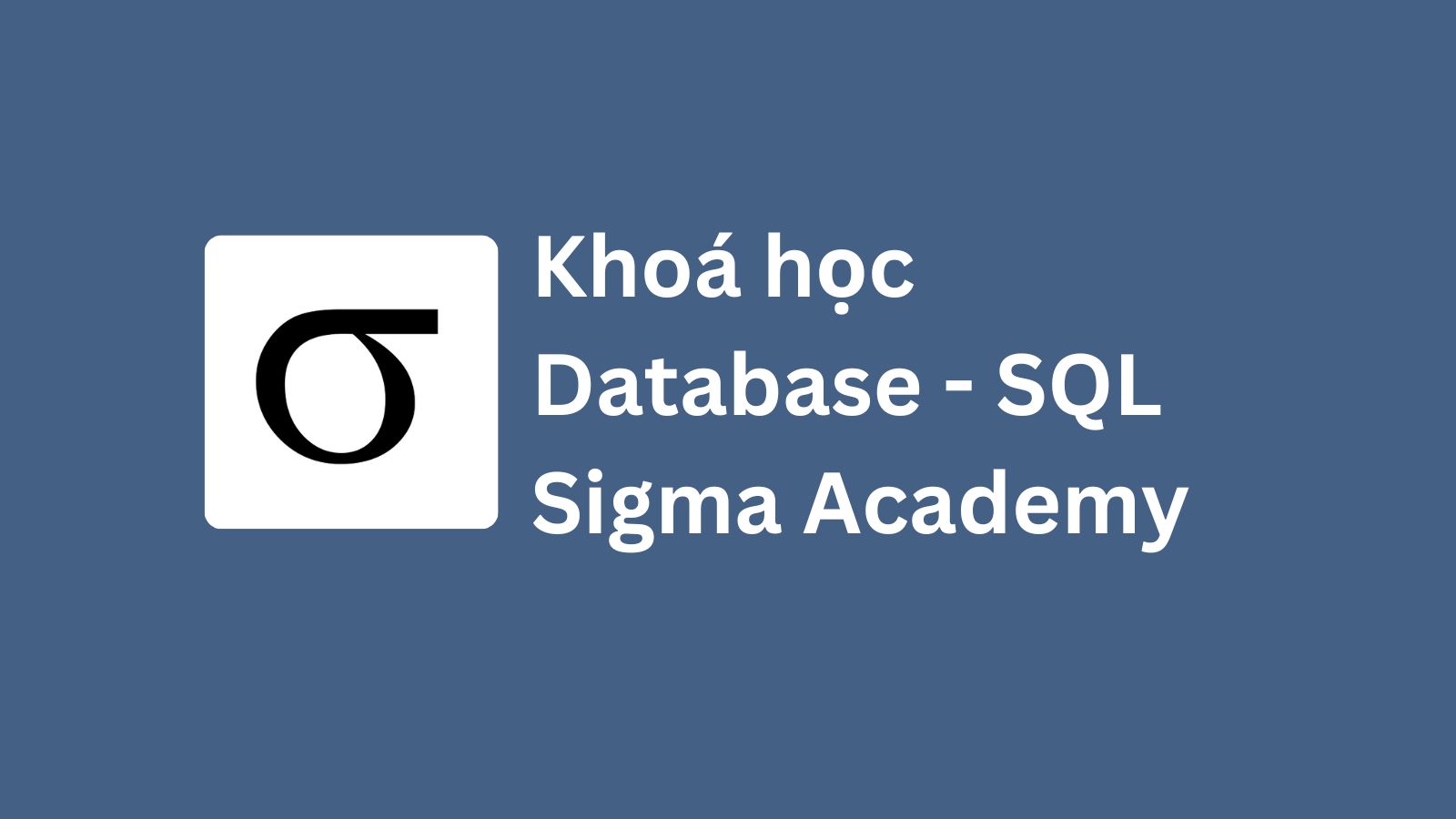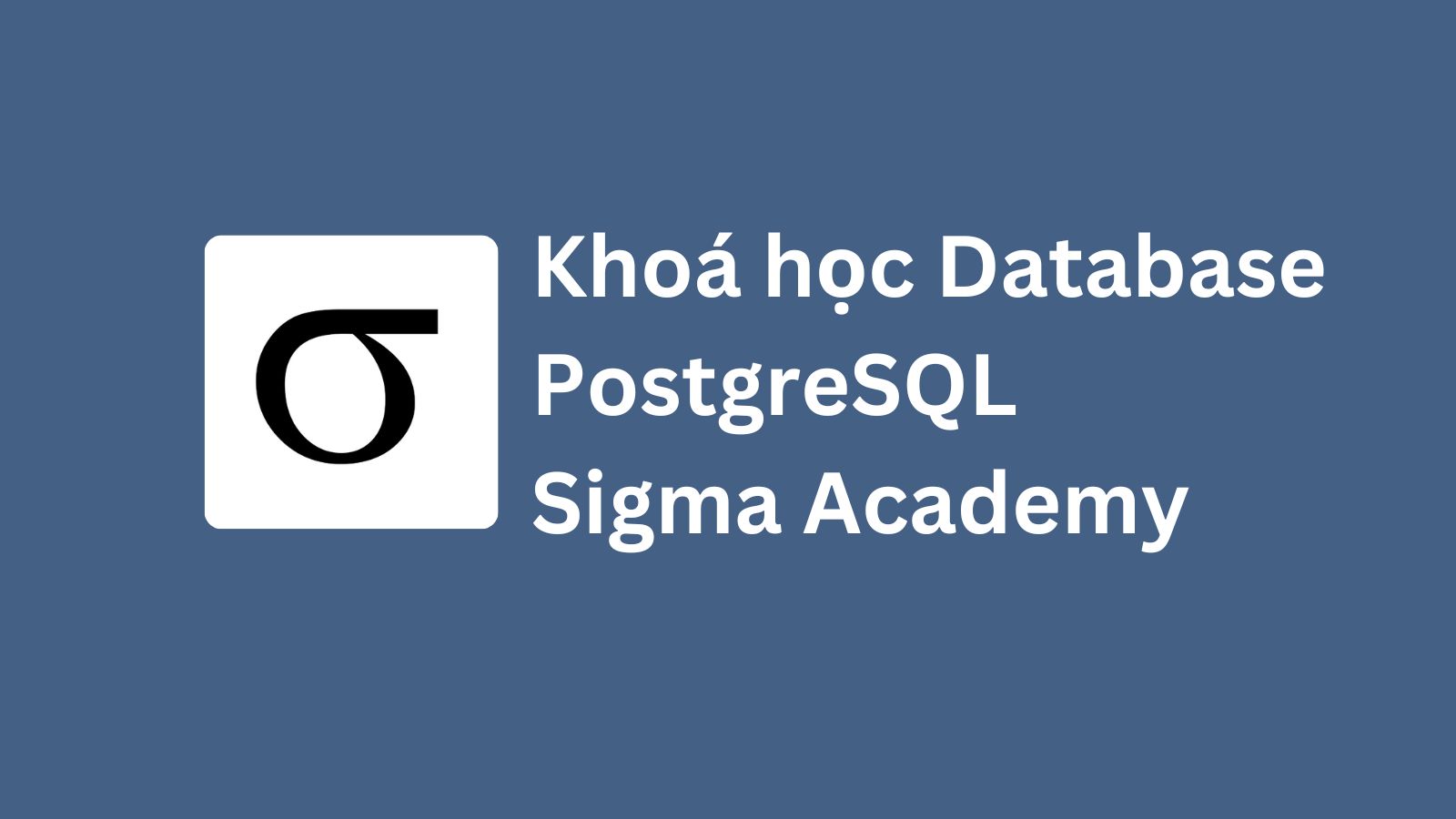Khoá học lập trình cơ bản với ngôn ngữ lập trình C++
Sau hơn 40 năm ra đời, C++ ngày càng chứng minh được sức mạnh thật sự của mình, được hàng triệu lập trình viên lựa chọn là ngôn ngữ nền tảng phải học. Hiện nay có hàng ngàn ngôn ngữ lập trình mới, hiện đại, dễ sử dụng, dễ học được ra đời, nhưng C++ vẫn ở đó, chứng minh giá trị thật sự của mình.
Học miễn phí ngayC++ là ngôn ngữ mạnh mẽ bậc nhất
Bạn có biết, C++ là một trong những ngôn ngữ lập trình mạnh mẽ, phổ biến và đa năng nhất trong những ngôn ngữ lập trình đang được các lập trình viên sử dụng hiện nay. C++ thường được sử dụng trong phát triển phần mềm yêu cầu hiệu suất cao. C++ kiểm soát tài nguyên hệ thống hiệu quả, đáp ứng được nhiều yêu cầu đặc thù.
C++ là Ngôn ngữ lập trình hướng đối tượng (OOP là viết tắt của Object-Oriented Programming). C++ được phát triển dựa trên ngôn ngữ lập trình C, bổ sung thêm các tính năng mới như lớp (class) và đa kế thừa (inheritance) để hỗ trợ lập trình hướng đối tượng. Nó cung cấp cả các thư viện tiêu chuẩn mạnh mẽ cho việc xử lý chuỗi, tệp tin, đồ họa, và nhiều tác vụ khác.
C++ được tất cả các trường Đại học chuyên ngành Công nghệ thông tin lựa chọn là môn học đại cương tiên quyết mà các sinh viên bắt buộc phải học trước khi học các kiến thức chuyên ngành.
Đối tượng tham gia phù hợp
- Các bạn Học sinh – Sinh viên có đam mê lập trình
- Các bạn đang đi làm ở lĩnh vực khác muốn học về lập trình
- Các bạn đã có tìm hiểu về lập trình, nhưng muốn hệ thống khoá kiến thức lại
C++ Developer Roadmap
Step-by-step guide to becoming a C++ developer in 2024
Phần I
- What is C++?
- Why use C++?
- C vs C++
- Installing C++
- Code Editors / IDEs
- Running your First Program
- Arithmetic Operators
- Logical Operators
- Loops: for/while
- Bitwise Operators
- Operators
- Lambda
- Dynamic Typing
- Static Typing
- RTTI
- References
- Memory Model
- Lifetime of Objects
- Raw Pointers
- unique_ptr
- shared_ptr
- weak_ptr
- Smart Pointers
- New/delete Operators
- Memory Leakage
- Scope
- Code Splitting: Headers / CPP Files
- Namespaces
- Forward Declaration
Phần II
- Object Oriented Programming
- Static Polymorphism (Overloading of Functions)
- Dynamic Polymorphism (Virtual Methods, Virtual Tables)
- Rule of Zero, Five, Three
- Multiple Inheritance
- Diamond Inheritance
- Exceptions
- Access Violations
- Exit Codes
- auto (Automatic Type Deduction)
- Type Casting
- static_cast
- const_cast
- dynamic_cast
- reinterpret_cast
- Undefined Behavior (UB)
- Argument Dependent Lookup (ADL)
- Name Mangling
- Macros
- iostream
- Date / Time
- Containers
- Iterators
- Algorithms
- Multithreading
- Variadic Templates
- Template Specialization
- Full Template Specialization
- Partial Template Specialization
- Type Traits
- SFINAE
- Copy on Write
- Copy and Swap
- Erase-Remove
- Non-Copyable/Non-Moveable
- CRTP
- Pimpl
- RAII
- C++11/14
- C++17
- C++20
- Newest
- C++0x
Phần III
- Understanding Debugger Messages
- Debugging Symbols
- WinDBg
- GDB
- Different Compilers and their Features
- CMAKE
- Makefile
- Ninja
- NuGet
- Spack
- Conan
- vcpkg
- Library Inclusion
- Licensing
- Libraries
- Frameworks
Continue Learning with following relevant tracks

 English
English